In recent days, in many large cities and localities across the country, a strange phenomenon has been quietly taking place but reflects a not-so-small problem, which is a series of small retail stores and kiosks suddenly "closing their doors silently". It is worth noting that this phenomenon coincides with the time when authorities are implementing a peak period of market inspection, control, handling of smuggled goods, counterfeit goods and commercial fraud nationwide.
Guilty conscience?
Rarely has the situation of “inaction” been as widespread and chain-like as it is now. From busy streets in Hanoi , Ho Chi Minh City, to large markets in Thanh Hoa, Nghe An, Da Nang provinces, etc., the simultaneous closure of a series of businesses and small traders without justifiable reasons has made the public and consumers uneasy.
 |
Many fashion stores on Hang Dao Street (Hoan Kiem District, Hanoi) are closed, and there is no longer the usual scene of tourists shopping. Photo: Nguyen Hai |
Is it true that when the authorities “take action”, they immediately “retreat to defend”? Are they deliberately avoiding inspections with a policy of “zero tolerance” for counterfeit, fake, and poor quality goods? The opinion that business households and small traders “feel guilty” is “not wronged”.
Because it is undeniable that in small-scale commercial activities, there still exists a "tricky" and "small-scale" business style, where invoices, product origin, inspection labels, etc. are foreign concepts.
Anonymous shipments, secretly imported goods, counterfeit goods of famous brands, products without quality control... still infiltrate the market through kiosks at markets to magnificent fashion stores located on busy streets.
However, we also need to have a more positive, multi-dimensional view, not all violations are hidden behind closed doors. For many traders, the fear of inspections comes from the ambiguity of current regulations and the lack of skills to prove the legality of goods.
Ms. Phan Thi Quyen, a long-time trader at Tay Thanh Market, shared: “We don’t know the details, but we only heard vague information that there will be a team to inspect counterfeit and fake goods. My item is fabric - which I buy wholesale from a long-time acquaintance, so I don’t know if it will be inspected or not, but I am still very worried.”
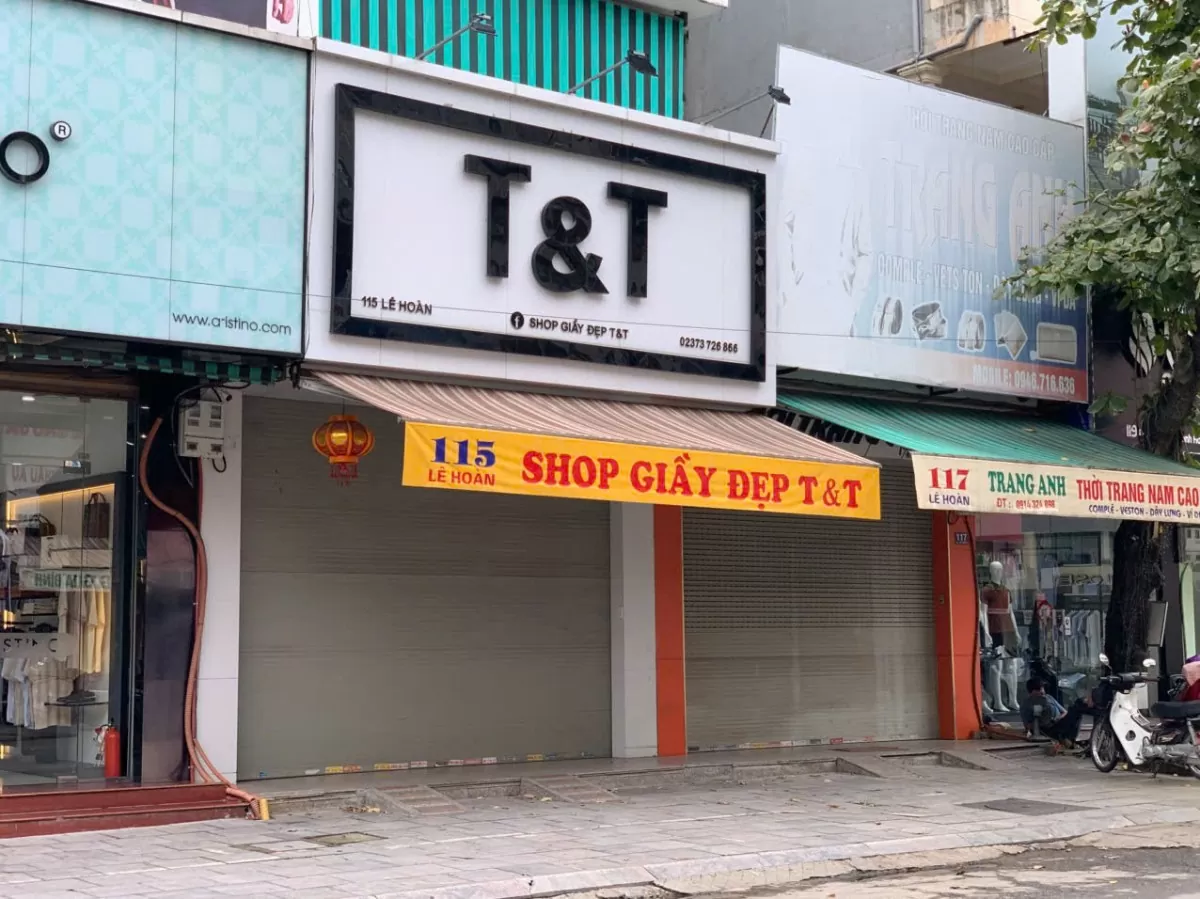 |
| A series of stores on Le Hoan Street, Thanh Hoa City, Thanh Hoa Province, considered a "shopping paradise" for Thanh Hoa residents, suddenly closed. Photo: Quoc Huy |
Many small businesses do not know that keeping valid invoices, documents or declaring taxes properly is not only an administrative requirement, but also a shield to protect them from legal risks. Lack of preparation, lack of knowledge and fear of inspection forces have created a "self-defense reflex" to close down and take refuge.
And if businesses and small traders continue to maintain that mentality, the small business market will forever be a gray area, where transparency cannot take root and the law will hardly reach its end.
The concerns and fears of business households and small traders are completely justified. However, in addition to checking and handling violations, the authorities, including the Market Management force, always go hand in hand with propaganda and dissemination of the law. And the plan during this peak period is to conduct focused and key inspections.
Mr. Dinh Khanh Toan, acting head of the Thanh Hoa Market Management Department, said that during the peak period that the unit is implementing, there are some differences compared to before. Specifically, while previously they mainly inspected traditional distribution channels (markets, supermarkets, routes, warehouses, etc.), this time the functional forces in general and the Market Management force in particular are increasing inspections on e-commerce platforms, livestream sales, and social networks.
Commenting on the sudden closure of businesses and small traders in Thanh Hoa, Mr. Toan said that it was due to fear and a lack of understanding of current legal regulations. However, in the next few days, they will reopen and business will return to normal.
It's time to change your business mindset.
Closing down to avoid inspection not only shows the insecurity of some businesses and small traders but also reflects their deviant business mindset. Over time, this coping and evasive behavior becomes the default “behavioral culture” whenever there is an inspection.
In an economy that operates according to market rules and the rule of law, transparency is no longer an option, but an essential requirement. Today's consumers are not only concerned with price, but also with the origin, quality, responsibility and reputation of the seller.
They are no longer easy with cheap goods, but are willing to pay for genuine goods, with certificates and guarantees, because consumers are now increasingly wise.
Speaking to reporters, Mr. Dinh Khanh Toan, acting head of the Thanh Hoa Market Management Department, said that in the past, consumers were still indifferent or lacked information to distinguish between genuine and fake goods; the psychology of loving cheap prices caused many people to still accept using goods of unknown origin.
However, awareness has now increased significantly thanks to media campaigns, dissemination of laws, and warnings from authorities and the press. Through this, people proactively report and denounce acts of trading in counterfeit, fake, and poor quality goods.
In addition, the consumer trend of “saying no to fake goods” is spreading, especially among young people and urban consumers. In addition, the current system of legitimate businesses is actively cooperating with authorities in providing information, supporting investigations of fake and counterfeit goods; increasing investment in anti-counterfeiting technology such as QR codes, ...
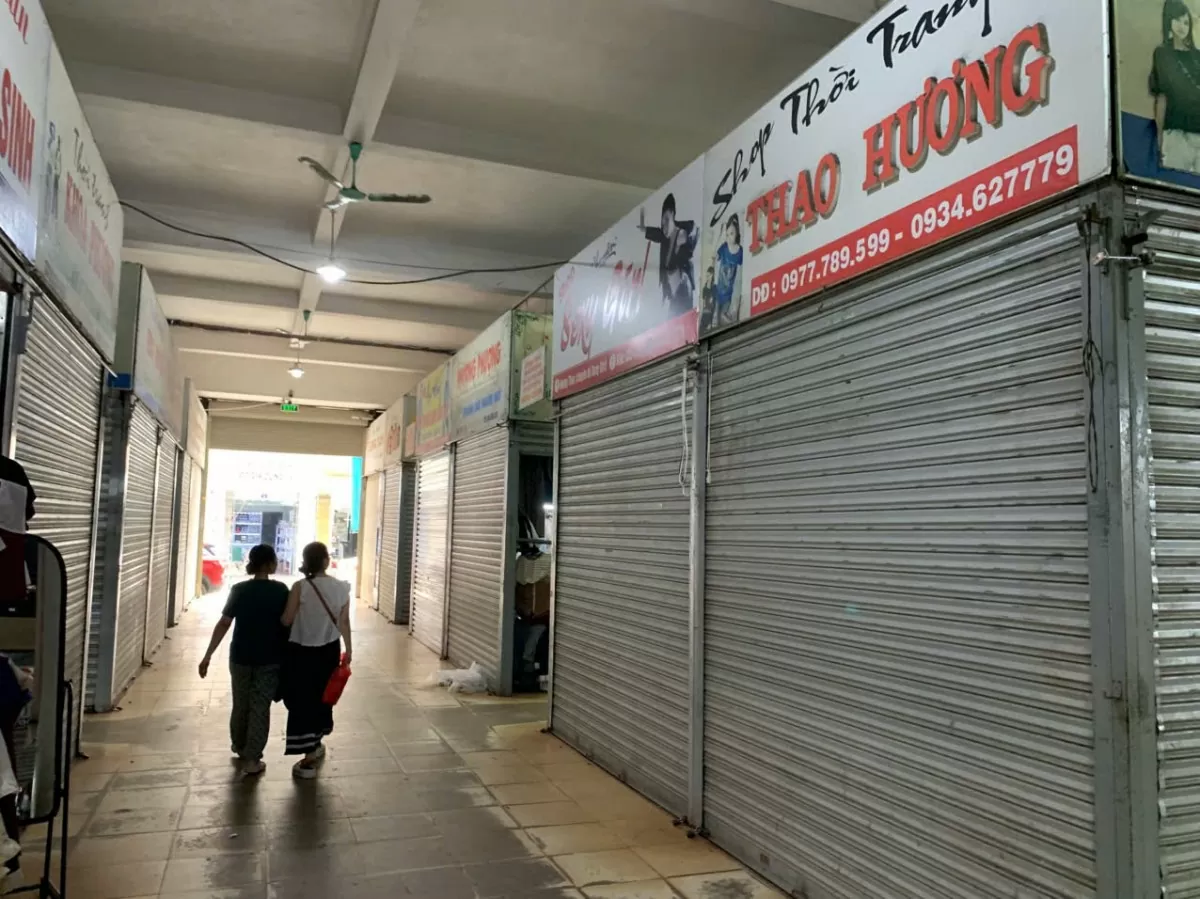 |
| It's time for small businesses and traders to get rid of the defensive mindset of "closing the door every time there is an inspection". Photo: Quoc Huy |
Therefore, if small businesses and traders continue to do business in a haphazard and opportunistic manner, they will have difficulty surviving and will eliminate themselves from the long-term game. Meanwhile, if they proactively build a legal business model, ensure product standards, issue full invoices and publicize product information, they will not only avoid risks, but also gradually build their own reputation and brand in the hearts of customers.
In addition, to build a healthy business market, in addition to the determination of the authorities in inspection and handling, policies to support small traders to change their thinking and behavior are needed.
Training sessions to disseminate the law, specific instructions on documents, invoices, how to prove the legality of goods, declare and pay taxes... are the foundation to help small traders change their thinking, partly also helping them no longer feel "lost" in the legal cycle.
It is impossible to build a civilized and healthy competitive market if business people still consider the law as an “obstacle” and try to avoid it every time there is an inspection. It is time for small businesses to change their mindset, open their awareness to accept the spirit of transparent and standardized business, and comply with the law. Because, compliance with the law is not only an obligation, but also the only way to survive and develop sustainably in the face of market fluctuations. Only when businesses proactively act transparently, can market confidence be restored and that is the foundation for a fair, modern, long-term, and sustainable trade. |
Source: https://congthuong.vn/dong-cua-ne-kiem-tra-phai-chang-ho-kinh-doanh-co-tat-giat-minh-391190.html














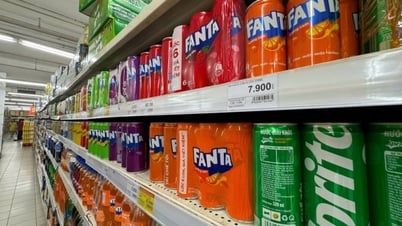





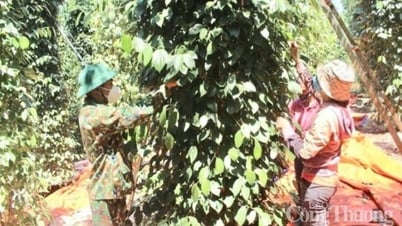

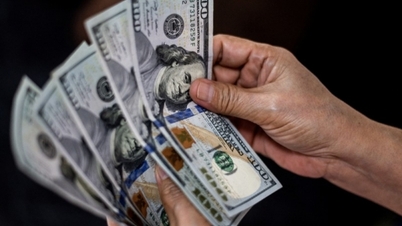



![[Photo] Nearly 104,000 candidates in Hanoi complete procedures to take the 10th grade entrance exam](https://vphoto.vietnam.vn/thumb/1200x675/vietnam/resource/IMAGE/2025/6/7/7dbf58fd77224eb583ea5c819ebf5a4e)































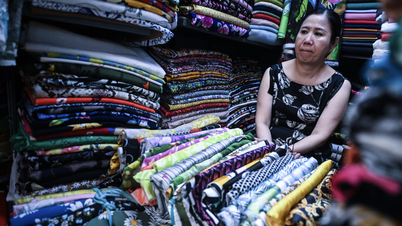





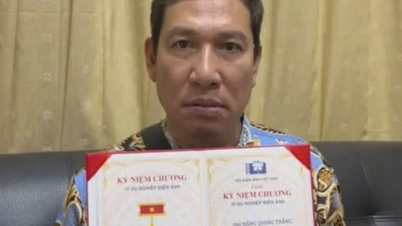















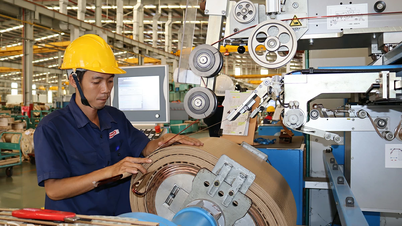

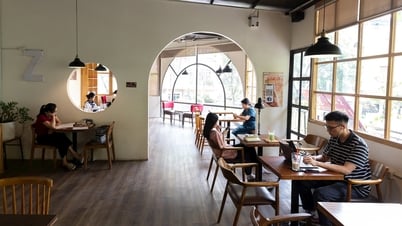








![[OCOP REVIEW] Tu Duyen Syrup - The essence of herbs from the mountains and forests of Nhu Thanh](https://vphoto.vietnam.vn/thumb/402x226/vietnam/resource/IMAGE/2025/6/5/58ca32fce4ec44039e444fbfae7e75ec)











Comment (0)